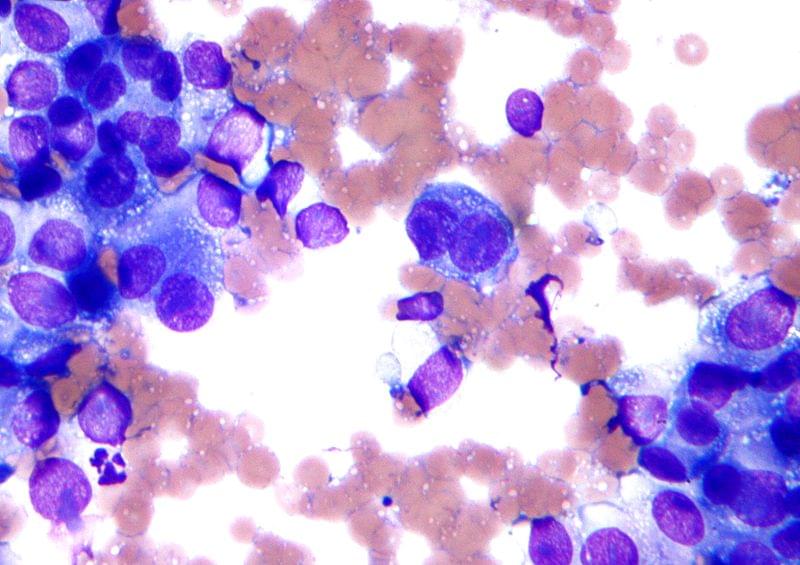A one-year, placebo-controlled trial of oral nicotinamide (vitamin B3) therapy by the University of Sydney did not lead to lower rates of skin cancer in organ transplant recipients. The result is in striking contrast to a previous trial in which oral nicotinamide was concluded to be effective in reducing the rates of new nonmelanoma skin cancers and actinic keratoses in high-risk patients.
In the previous trial, “A Phase 3 Randomized Trial of Nicotinamide for Skin-Cancer Chemoprevention,” participants were ineligible if they were immunosuppressed. Results showed an estimated 23% lower overall rate of new nonmelanoma skin cancers, with similar reductions of both new basal-cell and squamous-cell carcinomas. Interestingly, the previous trial found five rare, more aggressive carcinomas (two morphoeic, three poorly differentiated) in the nicotinamide group, while the placebo control had zero.
Transplant recipients are commonly given immunosuppressant drugs to prevent the body’s immune system from attacking the new organ tissues. These patients are approximately 100 times more likely than the general public to develop squamous cell carcinoma, according to a Swedish study. A higher risk of developing skin cancer combined with lower survival rates means transplant patients urgently need a safe and effective way to lessen the risk.










Comments are closed.